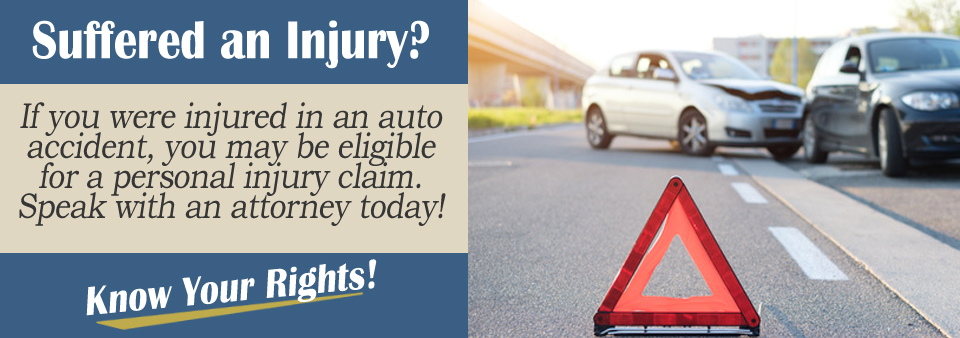Construction zones can be inconvenient for drivers, but are necessary if highways and city streets are to be maintained, expanded and improved. However, not every road user is patient and careful despite the obvious warning signs posted throughout these zones. Because of poor driving behavior, and sometimes poorly managed construction zones, auto accidents do happen in these zones from time to time. If you have been hit by another driver or have hit an obstruction in the road, you may be able to claim compensation for any damage to your vehicle and the cost of your injury. Talk to a personal injury attorney before filing a claim.
Typical Construction Zone Accidents
Construction zones should always be well managed with proper signals for drivers to follow, adequate staffing to control traffic and safeguards to prevent the actual machinery and materials from impacting through traffic. Many accidents are a result of poor signals or signposting, inadequate care of materials or machinery, or a lack of attention by employees.
Many construction zone accidents are also due to negligence on the part of other road users who try to pass the zone too quickly or do not take care as they make their way through the zone.
Evidence You Should Preserve for a Construction Zone Auto Accident Claim
All personal injury claims are dependent on providing sufficient evidence to convince an insurer, or an account, that negligence was the reason for the accident.

For a claim to be successful, you will typically need the following evidence:
- witness statements - this should be relatively easy at a construction zone accident site as there will be other road users and workers around who will probably have seen what happened
- police report if the injury was serious
- photographic evidence
- report from the vehicle repair yard
- medical reports
- invoices and receipts for medical treatment
- evidence of any lost wages or other earnings
- estimate of future loss earnings or medical treatment
- repair bills for any property damaged, such as the car
- payment for pain and suffering experienced
Why You Should Contact a Personal Injury Attorney Before Filing a Claim
Few personal injury claims are straightforward. It can take very convincing evidence to ensure you get the compensation you need. You should talk to a personal injury attorney before filing a claim as the attorney will give you an opinion about your chances of success and provide advice. It is often easier to let the attorney do the negotiating with the insurer. In most cases, settlements can be negotiated without going to court, but most attorneys will advise taking the claim to court if the insurer is not cooperating and the case is well substantiated by evidence.